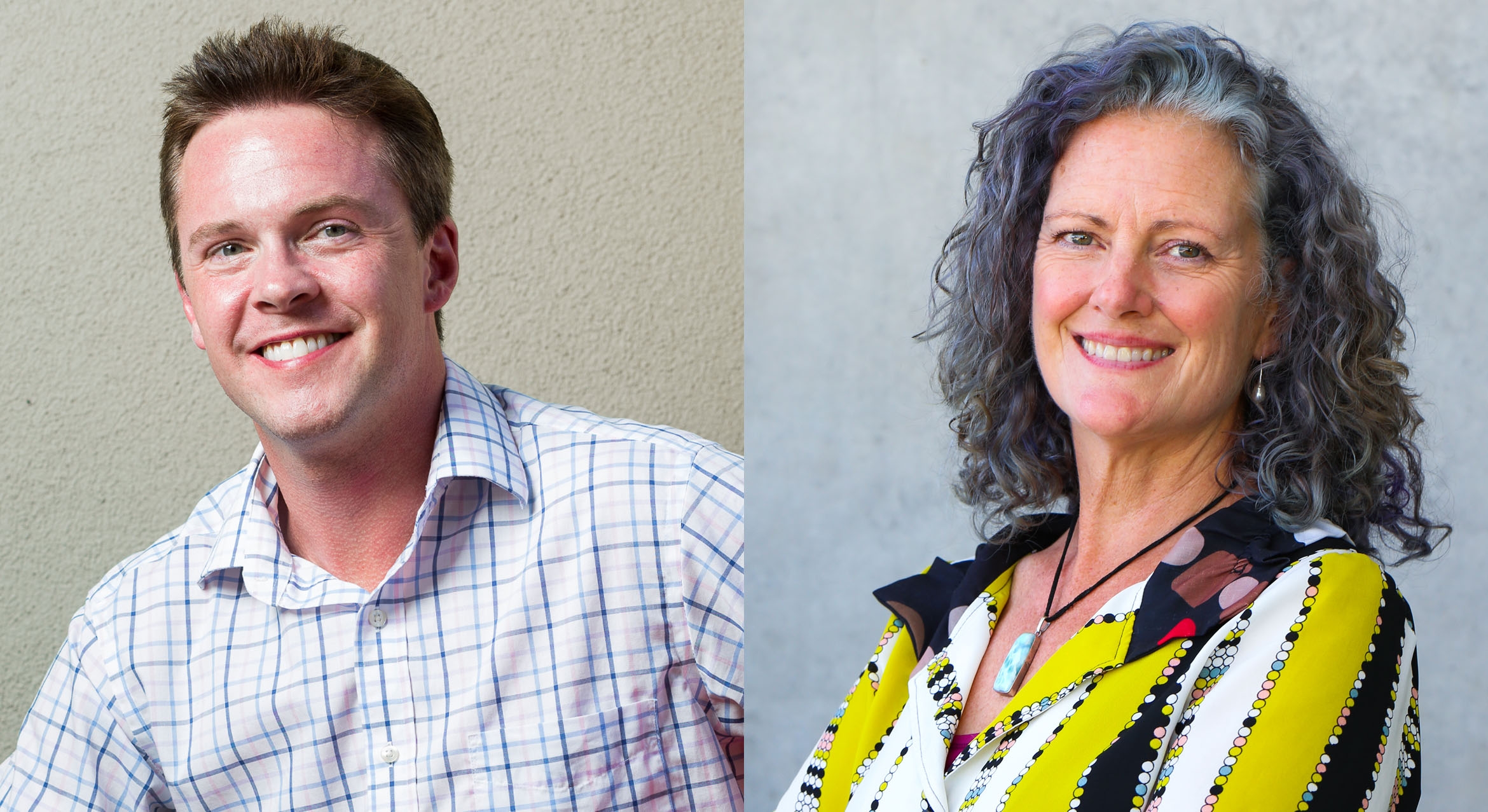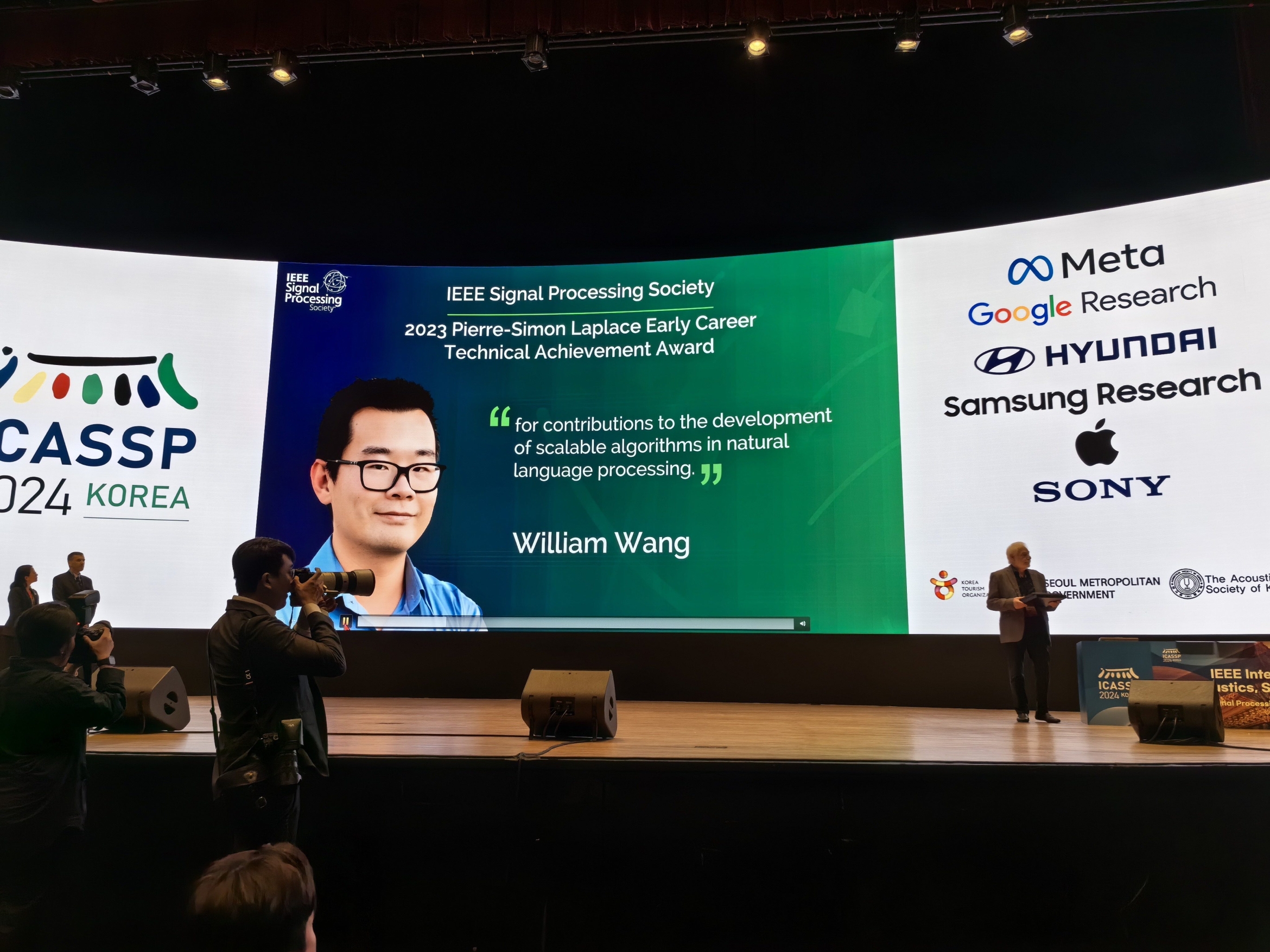
UCSB joins a federally sponsored regional innovation hub to help bolster microelectronics technology
UC Santa Barbara will play a key role in the United States’ effort to bolster semiconductor manufacturing and development and its competitiveness in the global market. The campus is a member of the California Defense Ready Electronic and Microdevices Superhub (California DREAMS), one of eight Microelectronics Commons regional innovation hubs established last week by the Department of Defense (DoD).
The agency’s first awards, worth a total of $238 million, are intended to create a national network and direct pathway to advance the discovery, innovation and fabrication of domestic microelectronic technology, such as circuits and chips, with funding from the “Creating Helpful Incentives to Produce Semiconductors (CHIPS) and Science Act.” Passed in 2022, the bipartisan federal bill will provide about $250 billion to invest in semiconductor research and development, build the semiconductor manufacturing sector in the United States, and educate and train the workforce expected to propel the industry forward.
“We are extremely proud to join with other leading research universities and industry partners in Southern California as part of this united effort,” said Umesh Mishra, dean of the UCSB College of Engineering. “Our involvement is a testament to the university’s strong reputation in the semiconductor industry, which was built upon decades of innovation and cutting-edge microelectronics developed on our campus. We look forward to contributing our expertise to the hub.”
The California DREAMS Hub will receive $26.9 million in its first year for a Microelectronics Commons, a coalition of research and industry organizations with the goal of accelerating the development and manufacturing of microelectronics in the United States. Led by the University of Southern California, the hub also includes UCSB, UCLA, UC San Diego, UC Riverside, UC Irvine, Caltech, Pasadena City College, North Carolina Agricultural and Technical University, Morgan State University, Northrop Grumman, Boeing, Lockheed Martin Aeronautics, Raytheon, Teledyne Technologies, HRL Laboratories and PDF Solutions.
"We at UC Santa Barbara are enthusiastic to be a part of this Hub team and look forward to the start of the program," said UCSB’s Jonathan Klamkin, Ph.D., a professor of electrical and computer engineering and director of the UCSB Nanofabrication Facility.
Regional innovation hubs were also established at Stanford University, and in the states of New York, Massachusetts, Arizona, North Carolina, Ohio and Indiana. In all, more than 360 organizations from over 30 states will participate in the national network of hubs, acting on a shared mission to expand the nation’s global leadership in microelectronics. Six technology areas critical to the DoD mission were selected as focus areas for the commons: secure edge/Internet of Things (IoT) computing, 5G/6G, artificial intelligence hardware, quantum technology, electromagnetic warfare, and commercial leap-ahead technologies. The DoD received more than 80 submissions representing 600 organizations from prospective team members. Additional funding will be available to support collaborative research projects proposed by hub and non-hub members.
"The Microelectronics Commons is focused on bridging and accelerating the lab-to-fab transition, that infamous valley of death between R&D and production," said Deputy Secretary of Defense Kathleen Hicks. "President Biden's CHIPS Act will supercharge America's ability to prototype, manufacture and produce microelectronics at scale. CHIPS and Science made clear to America — and the world — that the U.S. government is committed to ensuring that our industrial and scientific powerhouses can deliver what we need to secure our future in this era of strategic competition."
The Pentagon plans to spend about $2 billion over the next five years on this initiative.
Sonia Fernandez
Senior Science Writer
(805) 893-4765
sonia.fernandez@ucsb.edu



